The 1980s in the UK were a unique time, filled with cultural quirks and societal shifts that left a lasting impact. Are those who grew up in this decade more in need of a therapist than they realise?
1. The Cold War Anxiety

Living under the constant threat of nuclear war, with government-issued pamphlets on what to do in the event of an attack, created a pervasive sense of fear and uncertainty.
2. Thatcher’s Britain
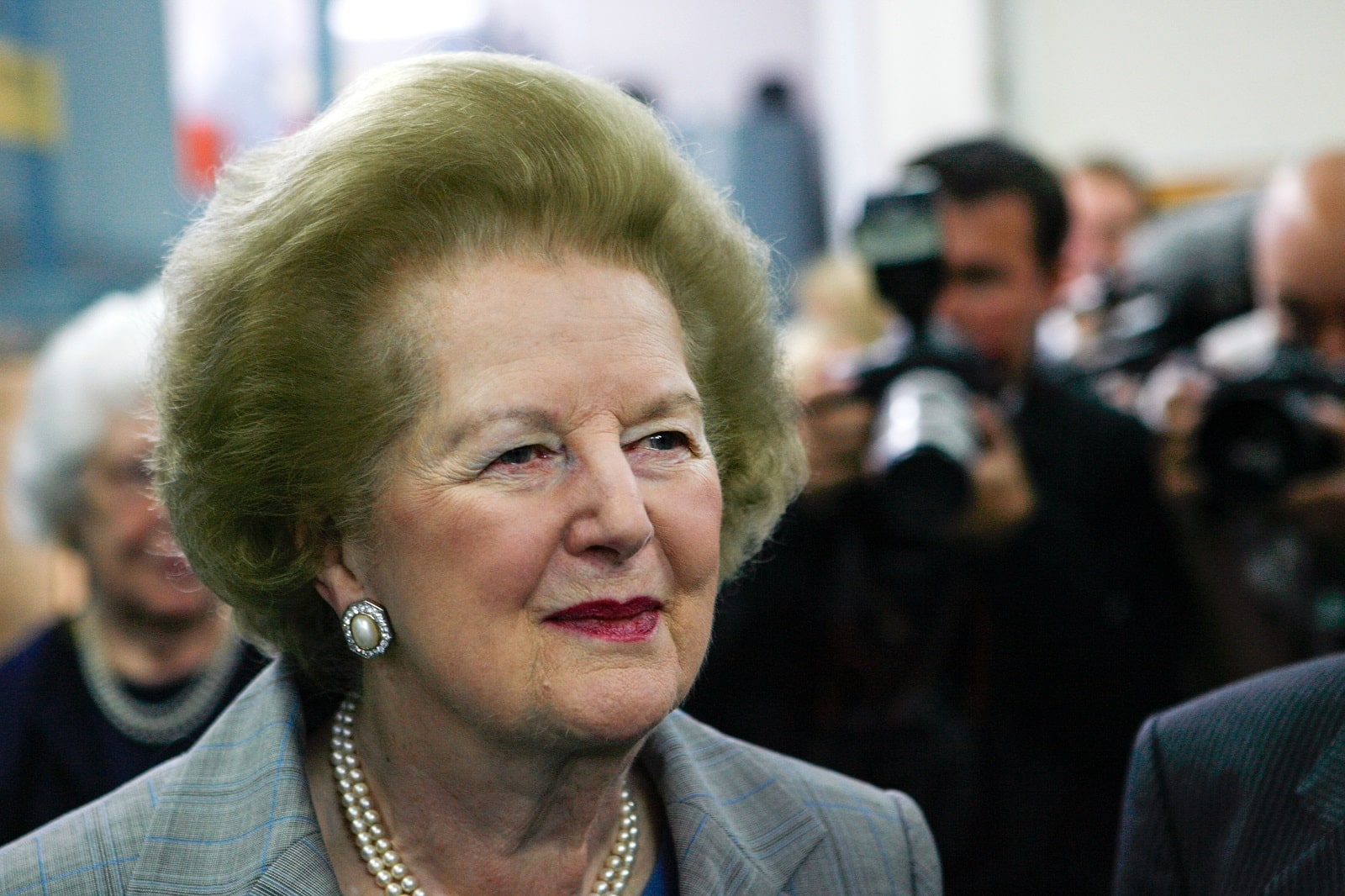
Margaret Thatcher’s policies brought about significant social and economic changes, leading to strikes, riots, and a deeply divided nation.
3. AIDS Crisis
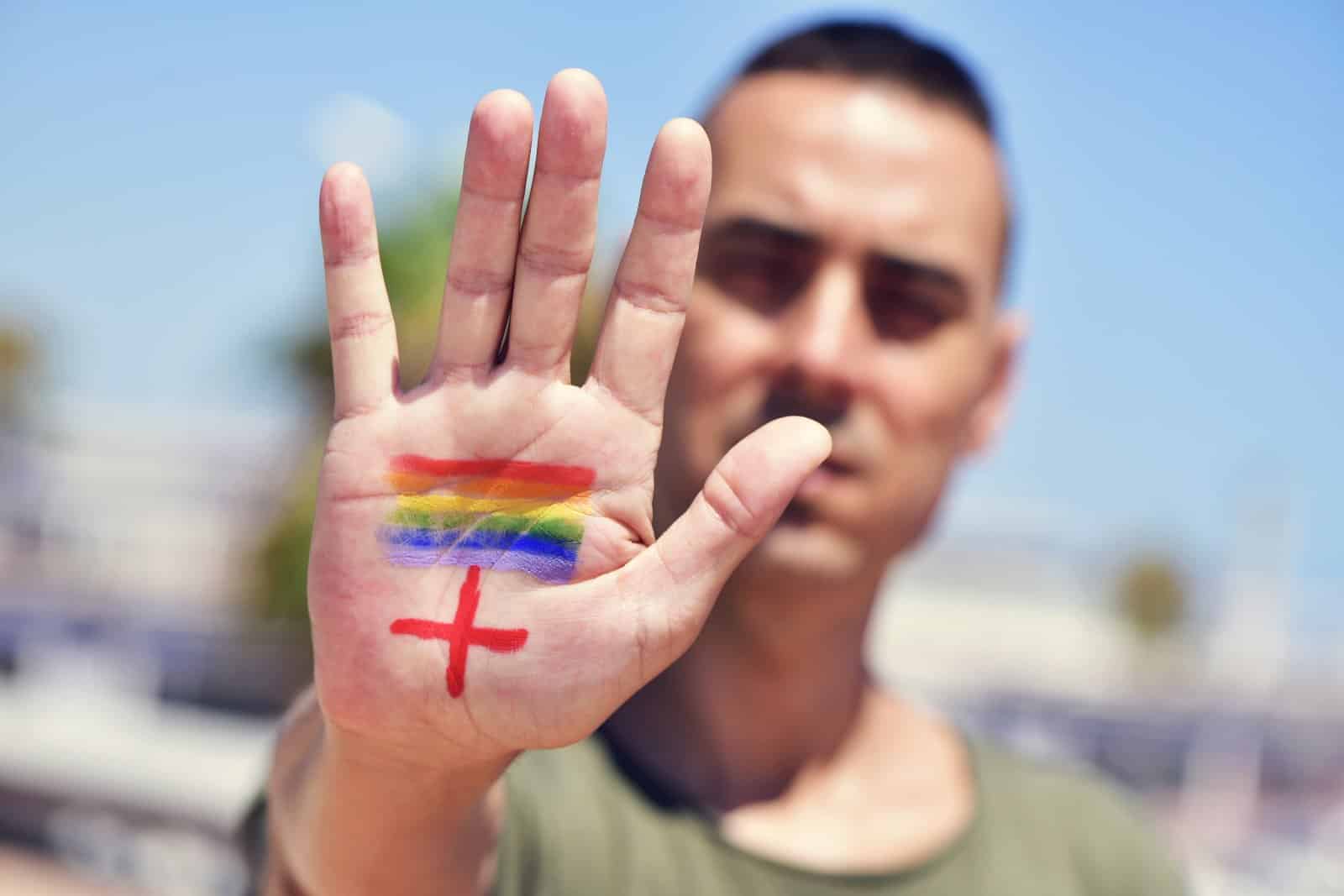
The emergence of the AIDS crisis brought about widespread panic and misinformation, impacting the LGBTQ+ community and beyond with a heavy stigma.
4. The Falklands War
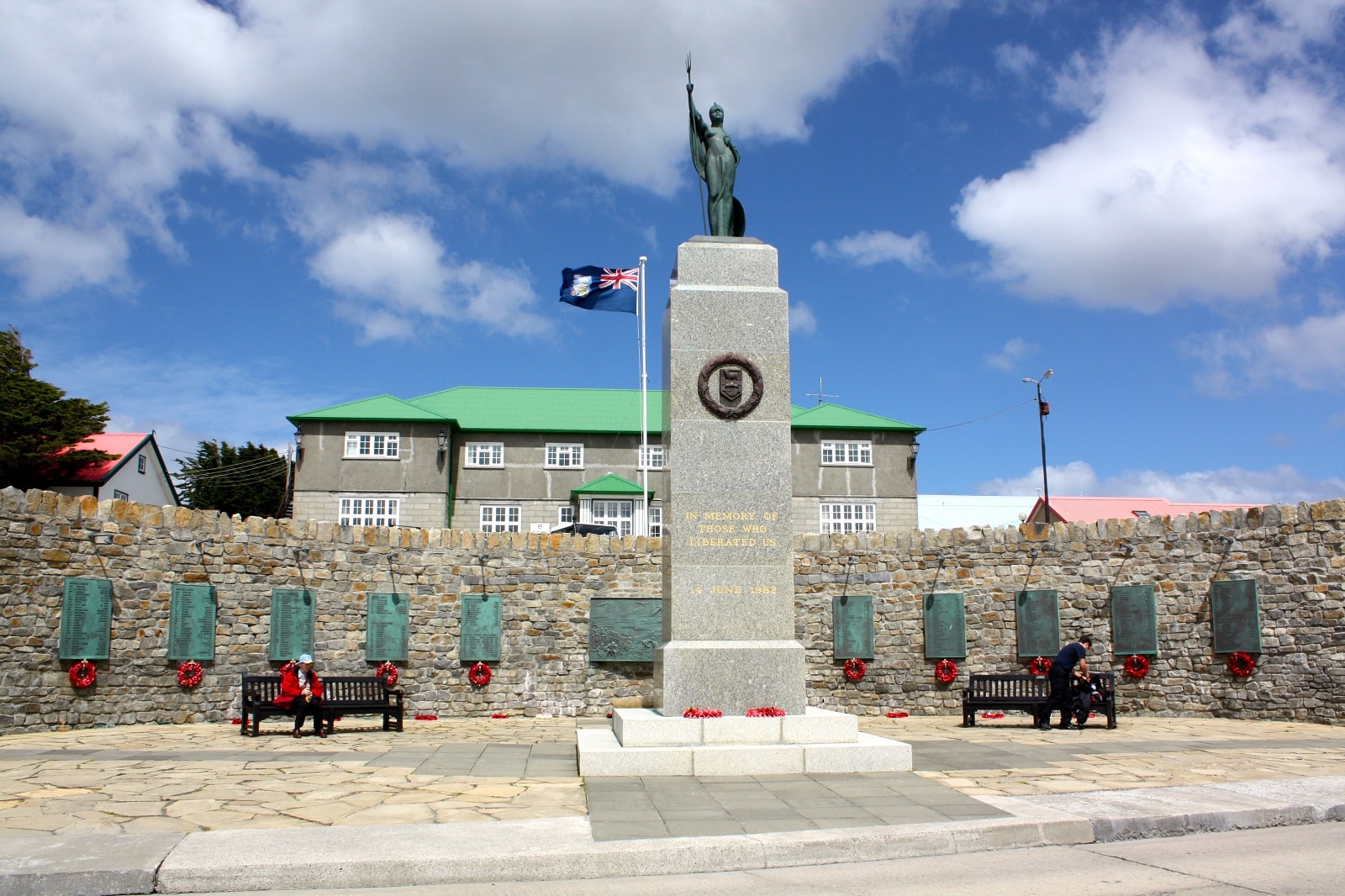
The intense media coverage of the Falklands War, including graphic images and nationalist fervour, left a lasting impression on a generation.
5. School Discipline

Corporal punishment was still legal in schools until 1986, leading to a culture of fear and physical punishment that many remember all too well.
6. Unemployment Rates

The 1980s saw high unemployment rates, especially in industrial areas, causing financial stress and uncertainty for many families.
7. Political Scandals

Scandals like the Westland affair and various sleaze allegations gave a generation a cynical view of politicians and government.
8. The Miner’s Strike

The Miner’s Strike of 1984-85 was a brutal and divisive event, with communities torn apart and violence becoming a common occurrence.
9. Technological Changes

Rapid advancements in technology, from the introduction of personal computers to video games, created a digital divide that left some feeling left behind.
10. Cultural Shifts

The 80s were a time of significant cultural shifts, from punk rock to the new romantics, creating identity crises for many trying to fit in.
11. Economic Inequality

Economic policies widened the gap between the rich and poor, creating stark contrasts in living standards that many witnessed firsthand.
12. Social Isolation

The rise of individualism and the decline of community-centred lifestyles led to increased feelings of loneliness and social isolation.
13. Drug Epidemic

The rise of drug use, particularly heroin and later, ecstasy, impacted many communities, leaving a trail of addiction and broken lives.
14. Changing Family Dynamics

Divorce rates increased significantly, altering family structures and leading to a generation experiencing more single-parent households.
15. Media Influence

The explosion of television and tabloid media shaped perceptions and sometimes distorted reality, with sensationalist reporting becoming the norm.
16. Racism and Riots
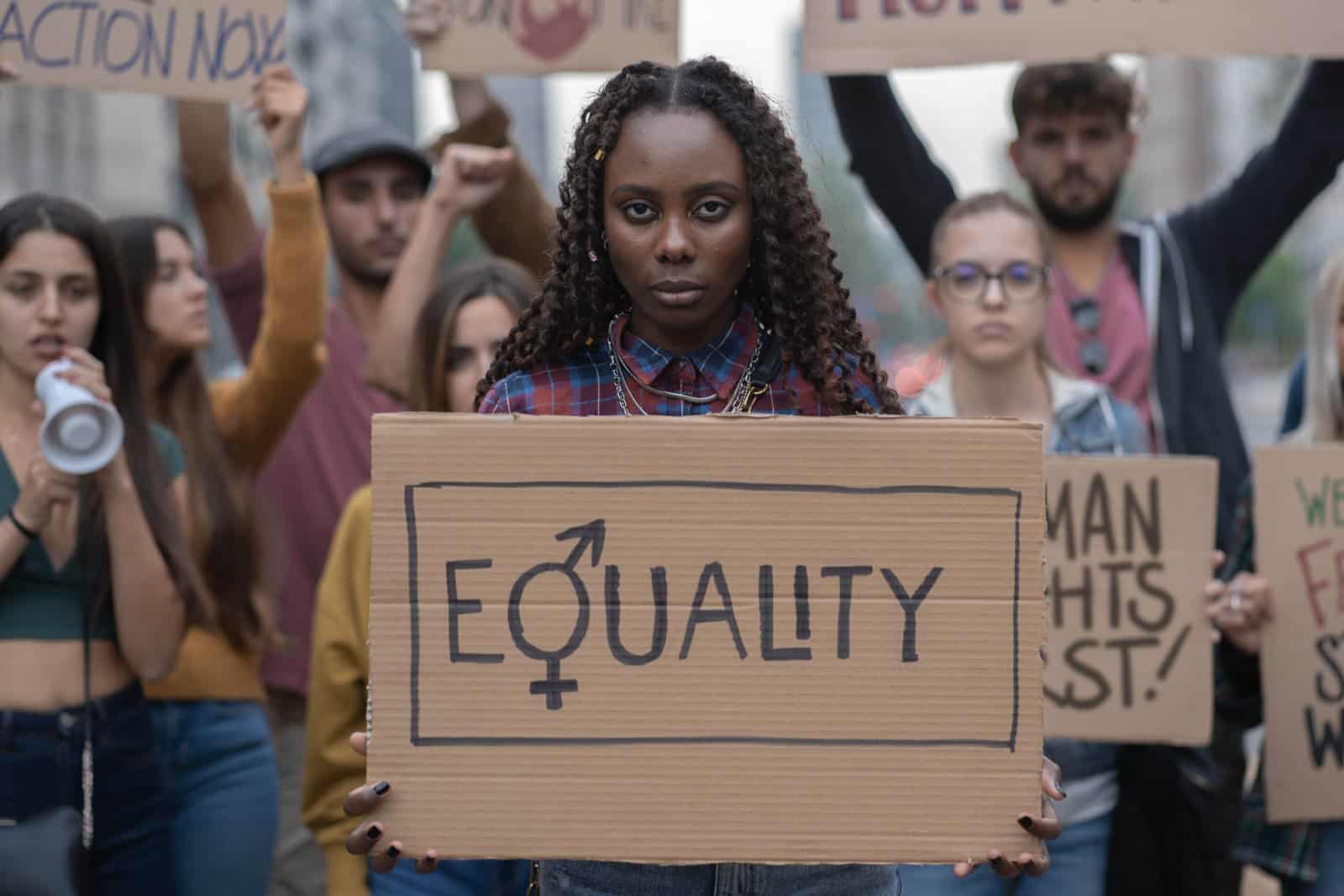
Racial tensions culminated in riots like those in Brixton and Toxteth, exposing deep-seated racial issues that affected communities nationwide.
17. Environmental Neglect
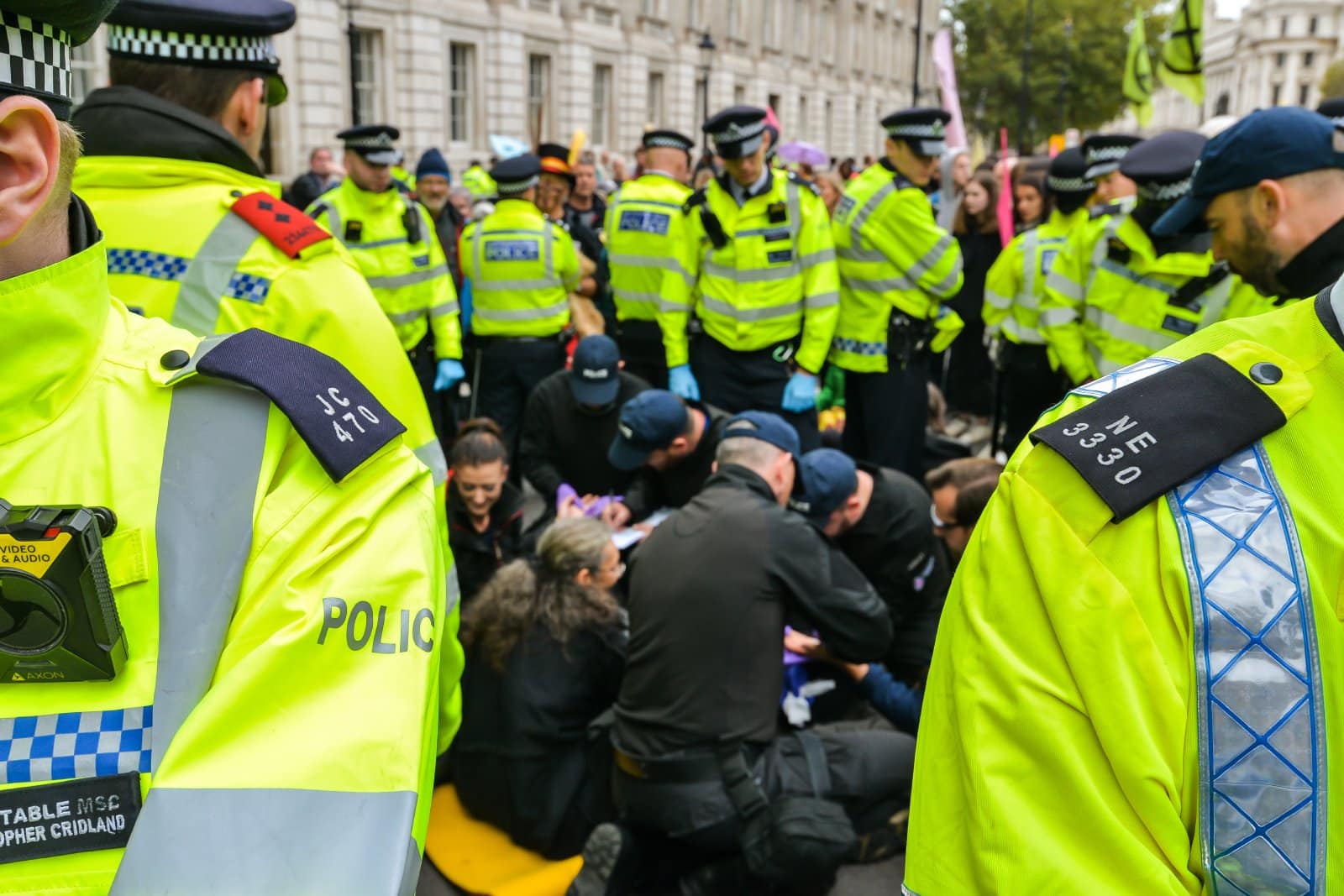
Environmental awareness was low, with widespread pollution and a lack of regulations leading to long-term ecological damage.
18. Financial Crises

The Black Monday crash of 1987 brought economic instability and fears about financial security that reverberated through many households.
19. Youth Culture Clashes

Clashes between different youth cultures, like mods, punks, and skinheads, often led to violence and social friction.
20. Education System Stress

Changes in the education system, including the introduction of the GCSEs and increased emphasis on testing, added stress for students and parents alike.
Time for a Couch Chat?
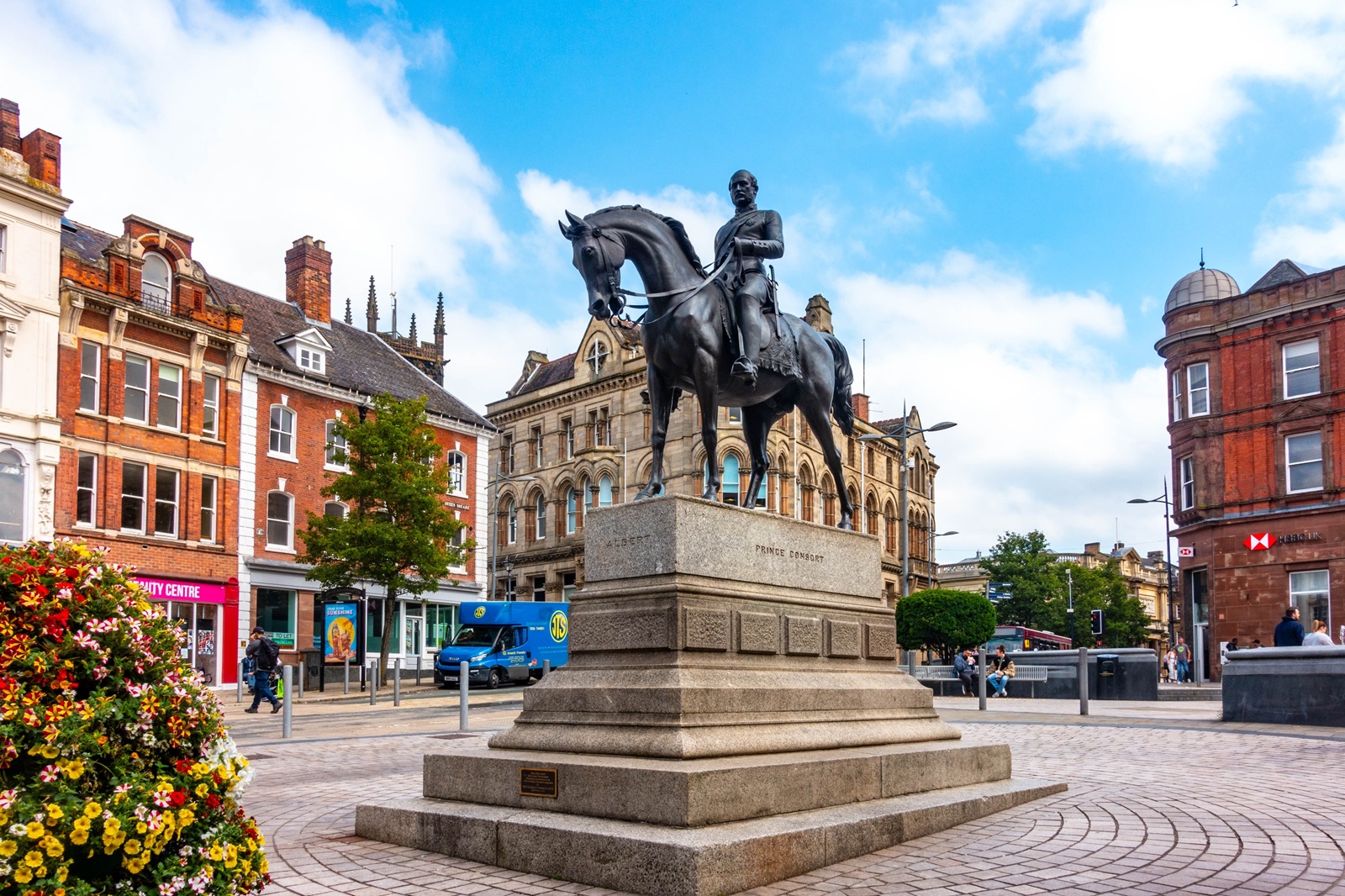
Reflecting on these turbulent times reveals why those who grew up in the 80s might benefit from a bit of therapy. Processing these shared experiences could be the key to understanding the lasting impact of this decade.
The post Growing up in 1980s UK: The Unseen Mental Health Toll first appeared on Lists Lovers.
Featured Image Credit: Shutterstock / Dean Drobot.
For transparency, this content was partly developed with AI assistance and carefully curated by an experienced editor to be informative and ensure accuracy.

